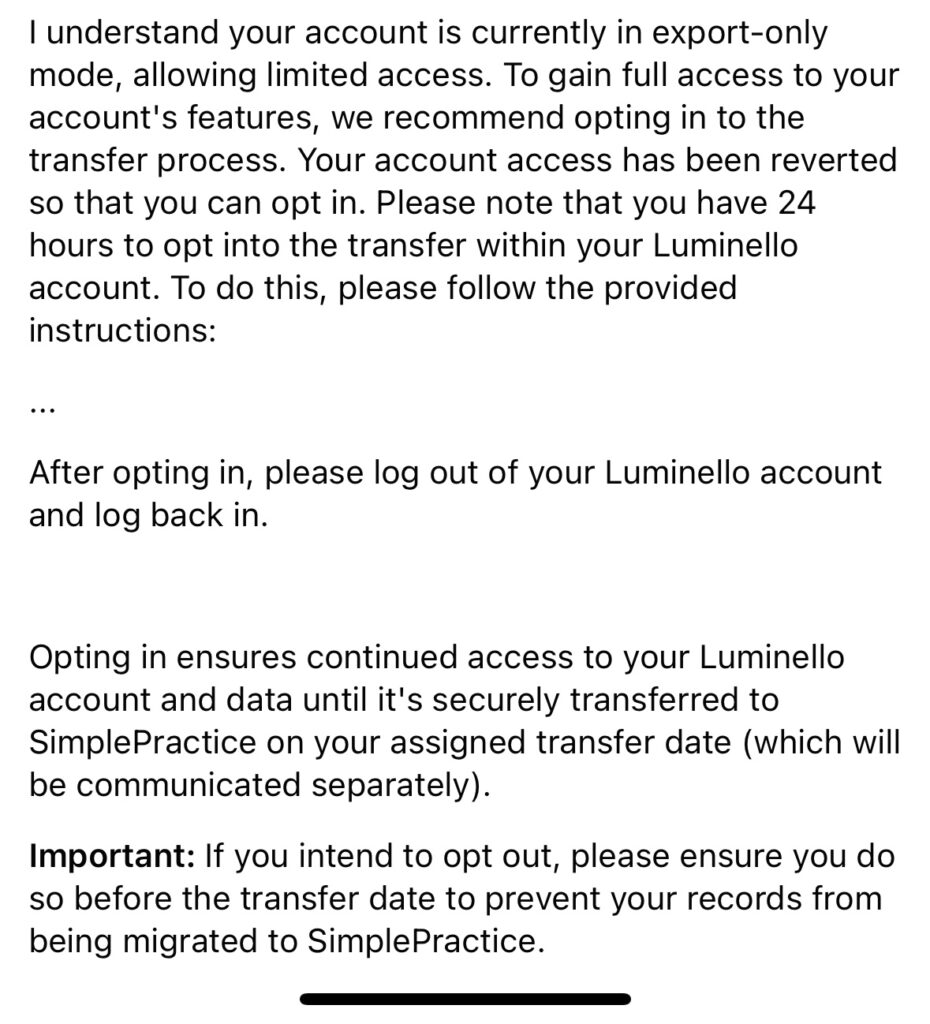Medical surveys are an easy way to make a few bucks at a good hourly rate (well, maybe at least for a resident), and there are multiple sites offering surveys to physicians. The caveat is that, of course, most survey sponsors are typically looking for board-certified physicians with multiple years of experience, particularly in sub-specialties. The less experience you have, the more you need to be prepared to get screened out of what seem like promising survey opportunities.
This article was originally posted way back on Feb 26, 2014 and last updated May 2025. This page contains referral/affiliate links (thank you for your support).
ENOS is a new healthcare panel with a novel premise: members are paid instantly via Venmo, Paypal, or paper check—no delays or redemption thresholds. ENOS always pays for your time: Even if you’re ineligible for a survey after completing screener questions, they still send you $5. Readers get a $25 sign-up bonus.
One of the biggest survey sites is Sermo (also an online healthcare community), which is now offering my readers a $10 welcome bonus. The survey experience has been recently revamped, and once you maintain a balance of $100 in honoraria, you get preferentially invited to more surveys.
ZoomRx is also excellent and has a nice app and better/shorter-than-average surveys. No sign-up bonus for you, but there is a referral one for me if you’d like to support the site!
One of my very favorites is InCrowd, which has a slick mobile-friendly site and will send you survey opportunities by email or text message. These are always of the very short and painless variety (the fastest of all in my experience), so the payouts are small, but it’s good money for the time and basically effortless. You do have to respond quickly before surveys fill up, but you even get a buck when you get screened out. Being referred (like signing up through that link) will earn you a $10 bonus after you answer your first two microsurveys.
Curizon has been in the business a long time, but they recently completely revamped their website and platform. It’s a trusted site for well-paying healthcare surveys for physicians as well as other healthcare professionals. Every new registration is entered in a monthly drawing for $100.
M3 now has three separate very active research companies under its umbrella: M3 Global Research, M-Panels, and All Global Circle. You can earn $25 for joining one panel, $40 for two, and $60 for joining all three (for the following specialties: Hematology-Oncology, Neurology, Gastroenterology, Nephrology, Cardiology, Urology, Surgery, Rheumatology, Obstetrics and Gynecology, Pulmonology, Allergy and Immunology, Family Medicine, Psychiatry, Dermatology, Ophthalmology, Endocrinology/Diabetes, and Pediatrics).
At the resident level, one of my old favorites has been Brand Institute, which almost exclusively sends out short surveys about potential drug brand names. Payouts are always on the smaller side ($15), but each one is quick (about $1 per minute or more) and screen-outs are rare. So if you get invited to a survey, then you can generally complete it and get the honoraria. No BS. The main style/format is nearly always the same, so you pick up speed as you do more of them. And that honoraria size is also significantly larger than what one can generally pull as a non-physician (e.g. SurveySavvy, the biggest most popular survey site around, usually pays a measly $2 per survey). The website, however, is clunky and terrible. You’ve been warned.
Additional legitimate additional survey sites, many of which are significantly less active, are below:
- ImpactNetwork
- Reckner Healthcare
- OpinionSite
- MDforLives is a newer company that I cannot recommend at this time.
- Olson Research Group
- CurbsideMe (now defunct)
- Epocrates Honors
- DoctorDirectory
- MedSurvey
- Advanced Medical Reviews
- Physicians Round Table
- Truth on Call (text-message based surveys; not sure this is meaningfully active anymore)
- MedQuery
- Medical Advisory Board
- SurveyRx
- Physicians Advisory Council
- Health Strategies Group
- InspiredOpinions (Schlesinger Associates)
- Medefield
- Encuity Research
- e-Rewards Medical
- Physicians Interactive

